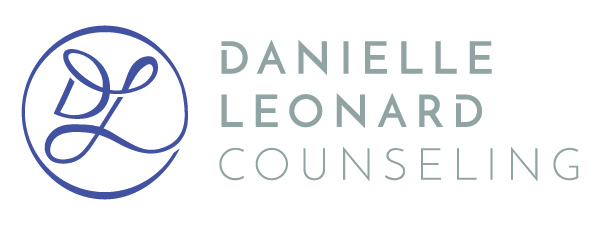
According to the National Sexual Violence Resource Center, nearly 1 in 5 women will be raped at some point in their lives in the United States. In addition, an estimated 13% of women and 6% of men reported being a victim of sexual coercion, which means being pressured in a nonphysical way of experiencing unwanted sexual penetration.
Keep in mind, these numbers represent only those victims that came forward. For every one of these statistics, there are other men and women who have remained silent about their assault.
Sexual assault is complex. It obviously includes rape, attempted rape, unwanted touching or fondling, and sexual coercion. But sexual assault can also include things like:
- Peeping or voyeurism (watching sexual acts without consent)
- Public exposure
- Sexual harassment or threats
- Sending unwanted sexually-charged texts (sexting)
Long-Term Effects of Sexual Assault
After an individual has been sexually assaulted, they often feel fear, shock, shame, guilt, or a combination of all these feelings. In addition, people who have been the victim of a sexual assault may also experience headaches, asthma, irritable bowel syndrome, trouble sleeping, chronic pain, eating disorders, anxiety, and depression.
You Can Heal with Help
While it can feel incredibly overwhelming after you’ve experienced sexual assault, it’s important to recognize that it is never your fault. It is also incredibly necessary that you practice self-care and self-compassion at this time. This means ensuring you eat right and get enough sleep each day. While it may be difficult to take care of yourself as you normally would, your recovery depends on it. Reach out to friends and family members who can help you with any chores or cooking.
Also, know that there are therapists who can offer effective coping strategies.
Some forms of therapy can help you learn how your unconscious emotions affect your behaviors and the challenges you may now be experiencing. Other types of therapy, such as EMDR – or Eye Movement Desensitization and Reprocessing therapy, can rewire the brain, helping you to change the way you process the memory and the assault.
There are some very good resources available to you
National Sexual Assault Hotline 800-656-HOPE (4673)
National Domestic Violence Hotline 800-799-SAFE (7233)
And if you would like to speak with someone, please reach out to me. I would be more than happy to talk about how I may be able to help.

(972) 246-8093 | danielle@danielleleonardcounseling.com